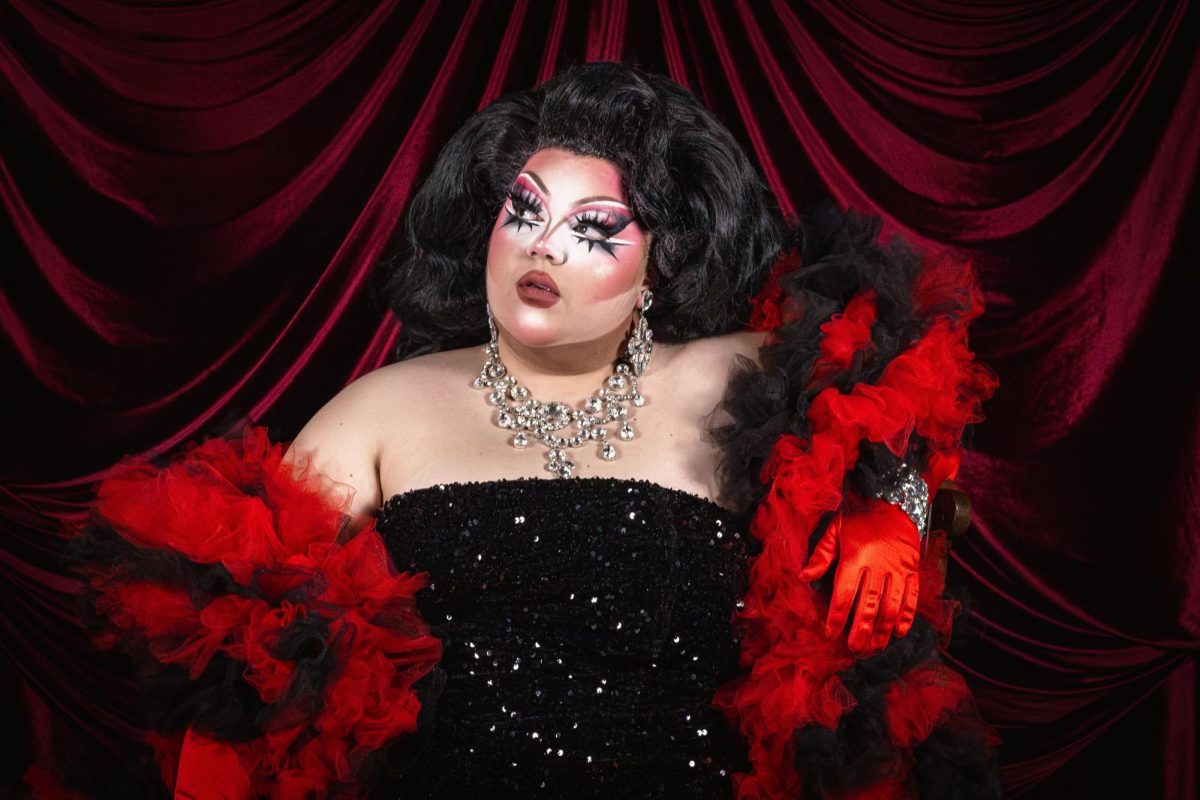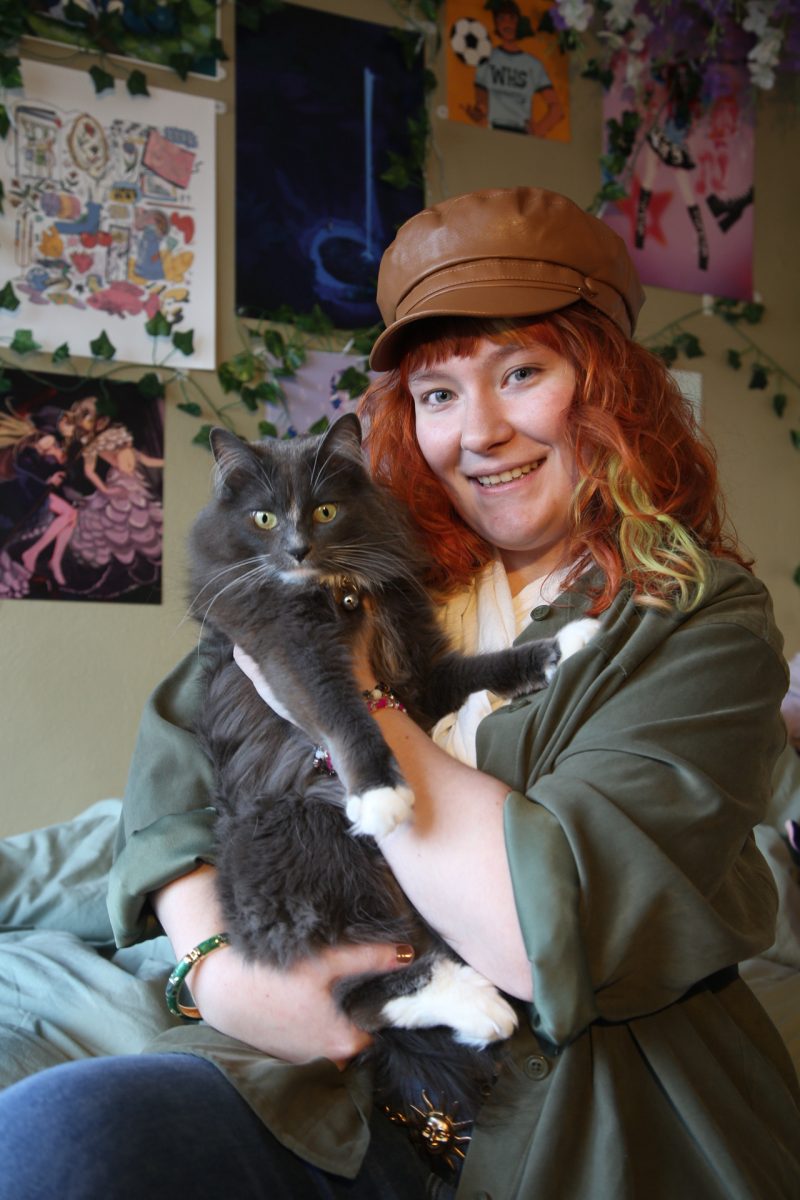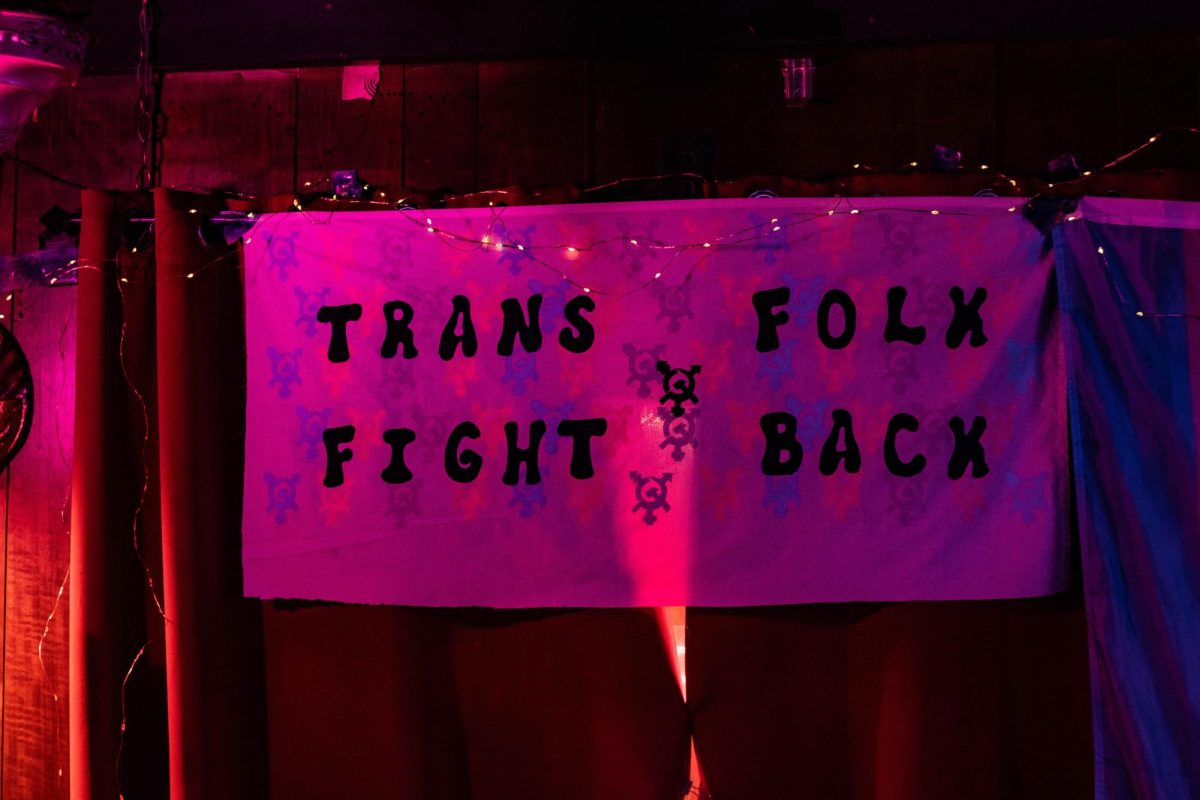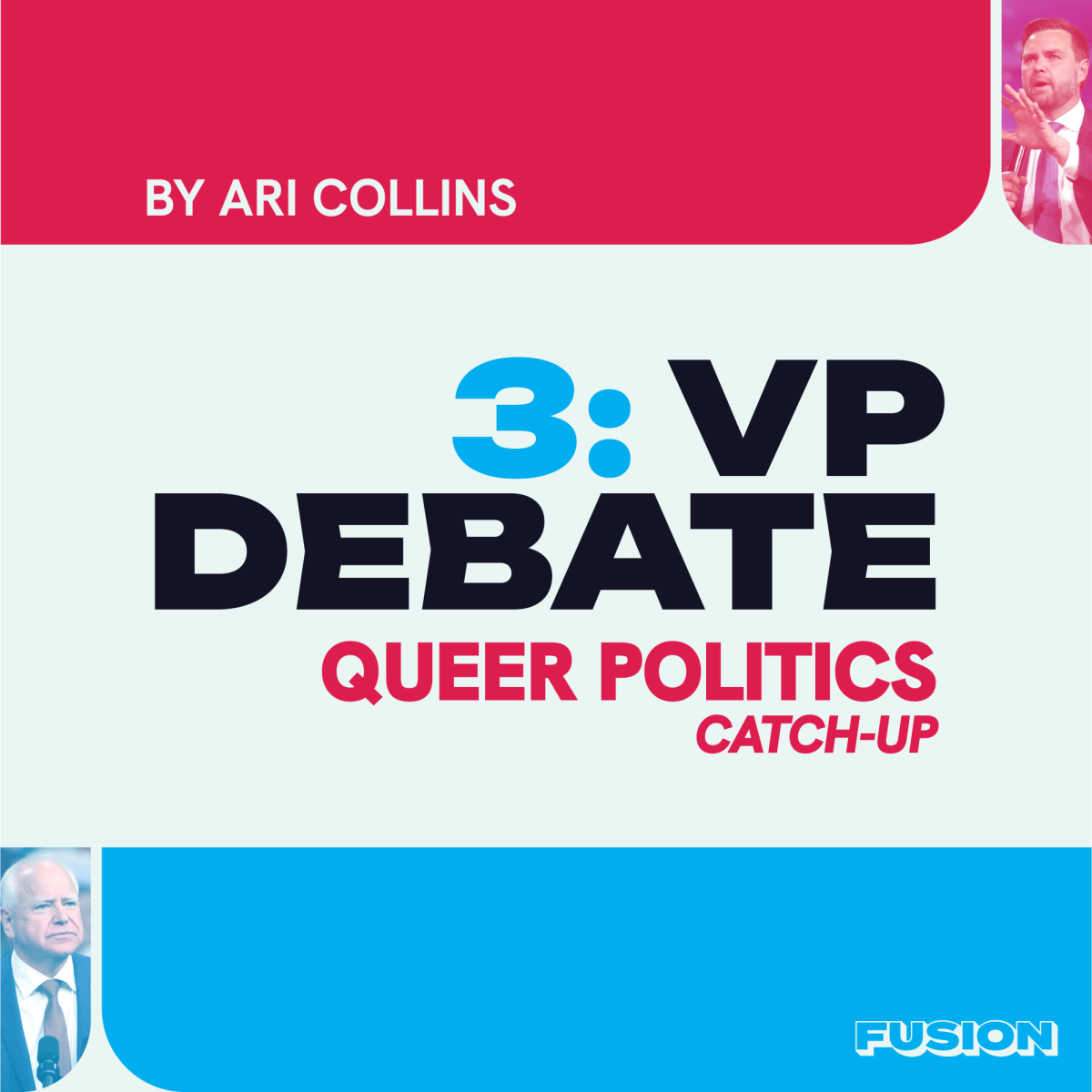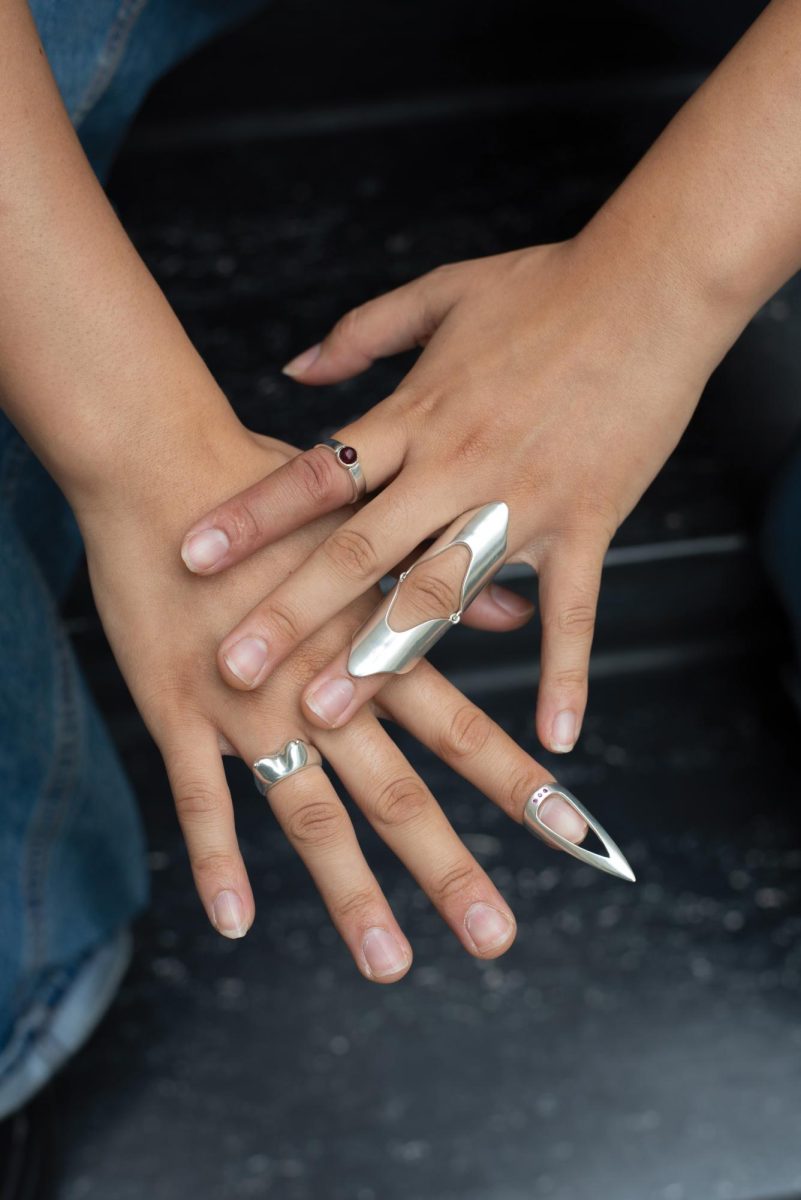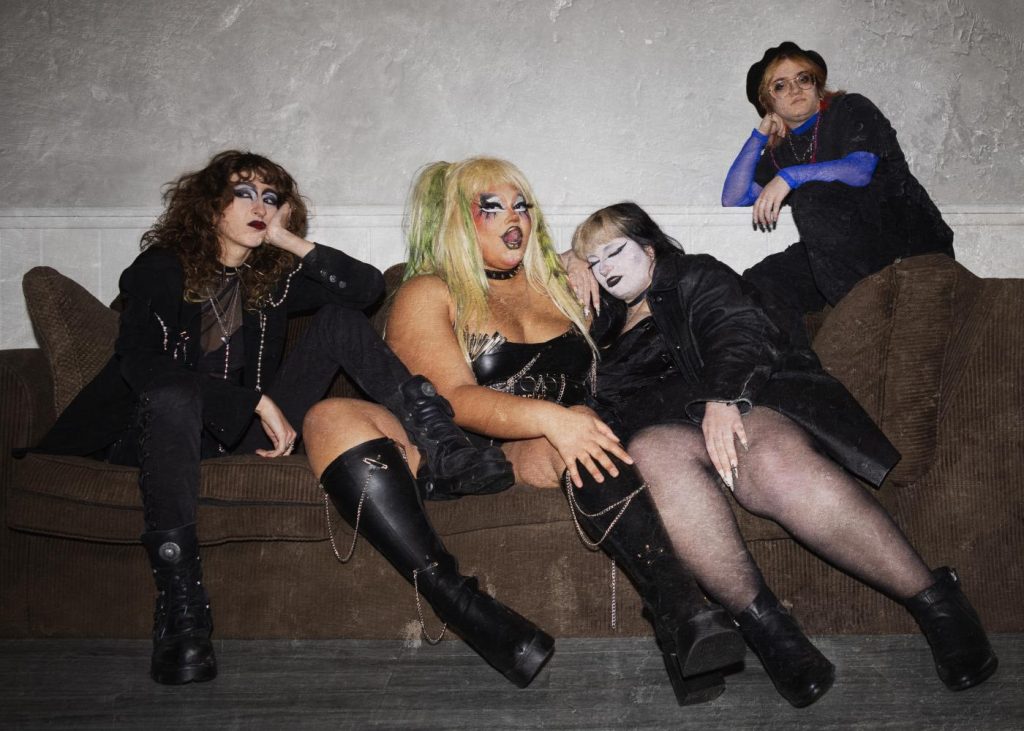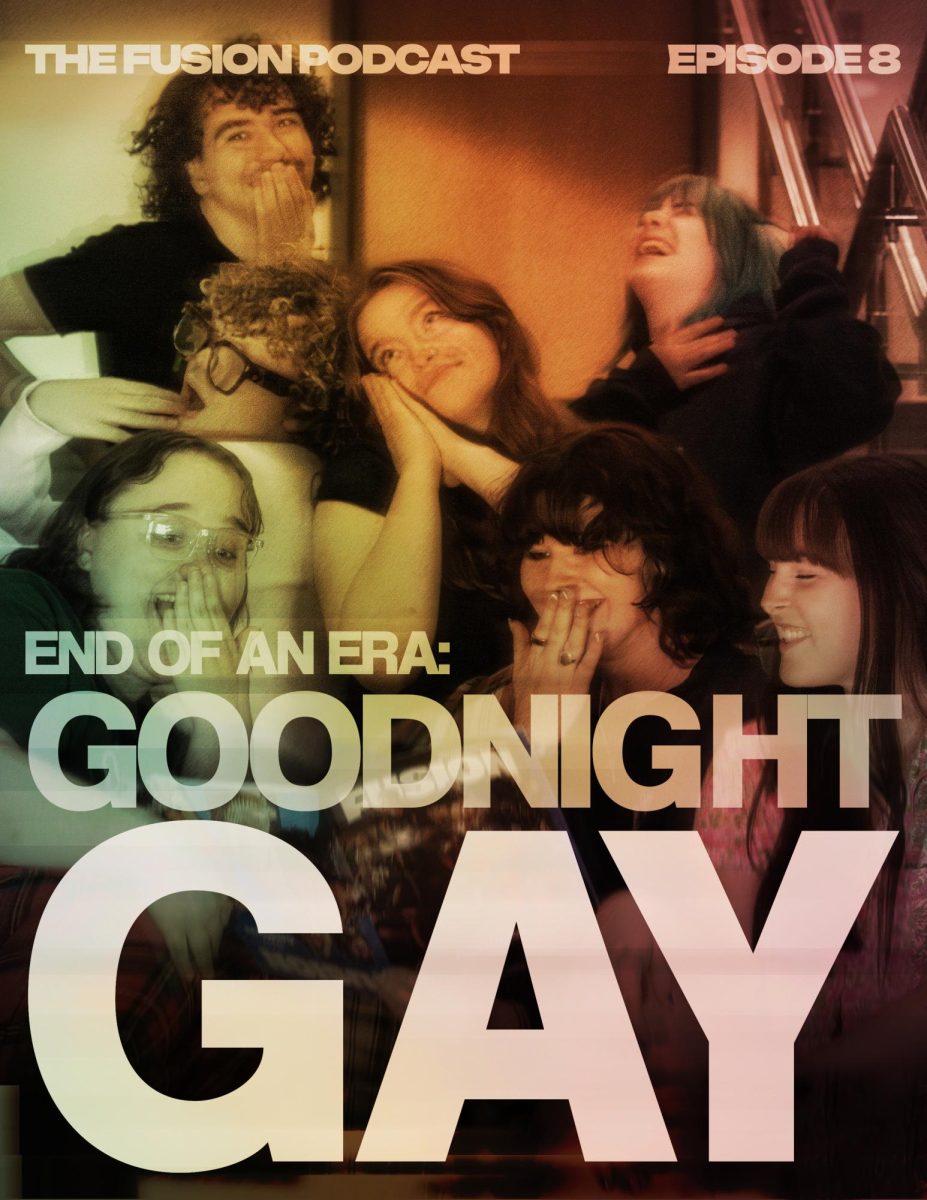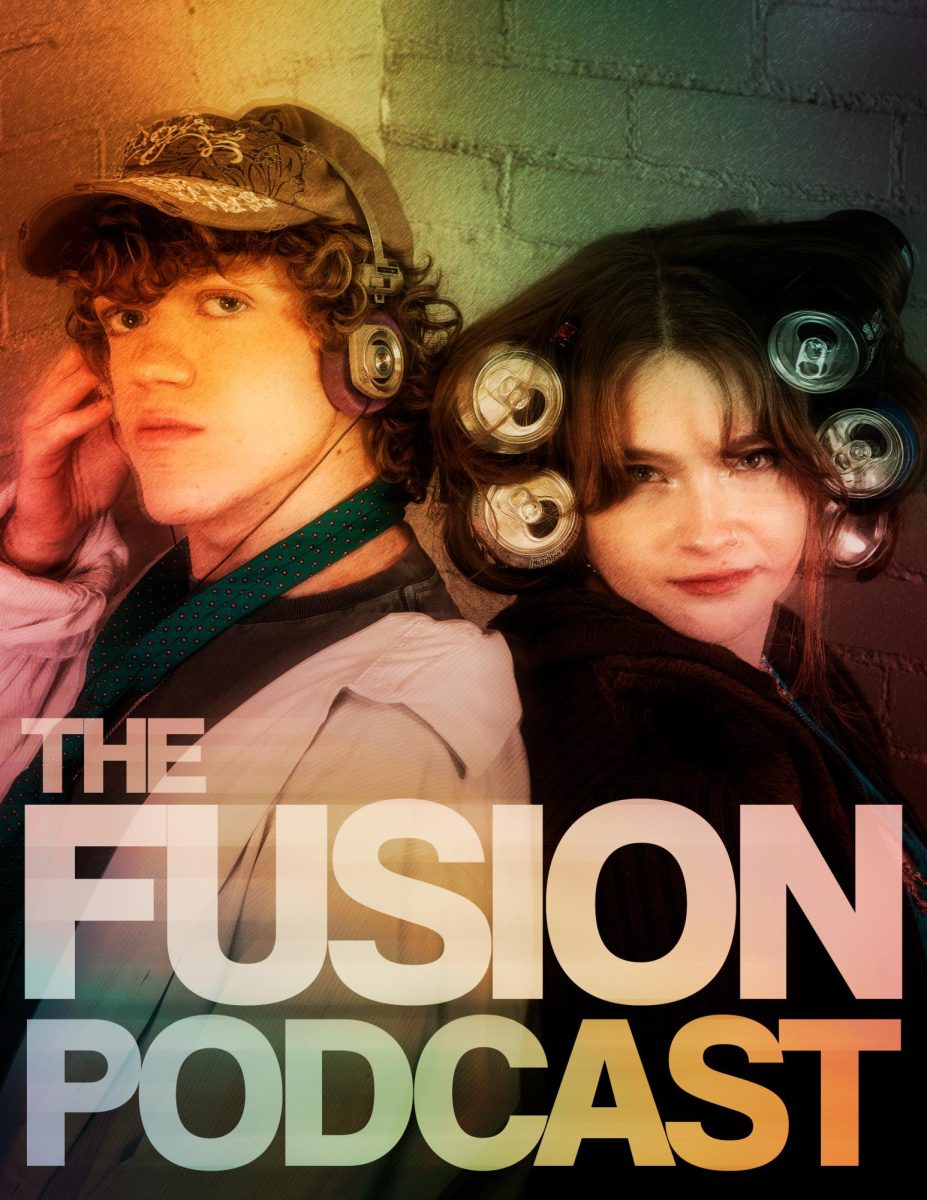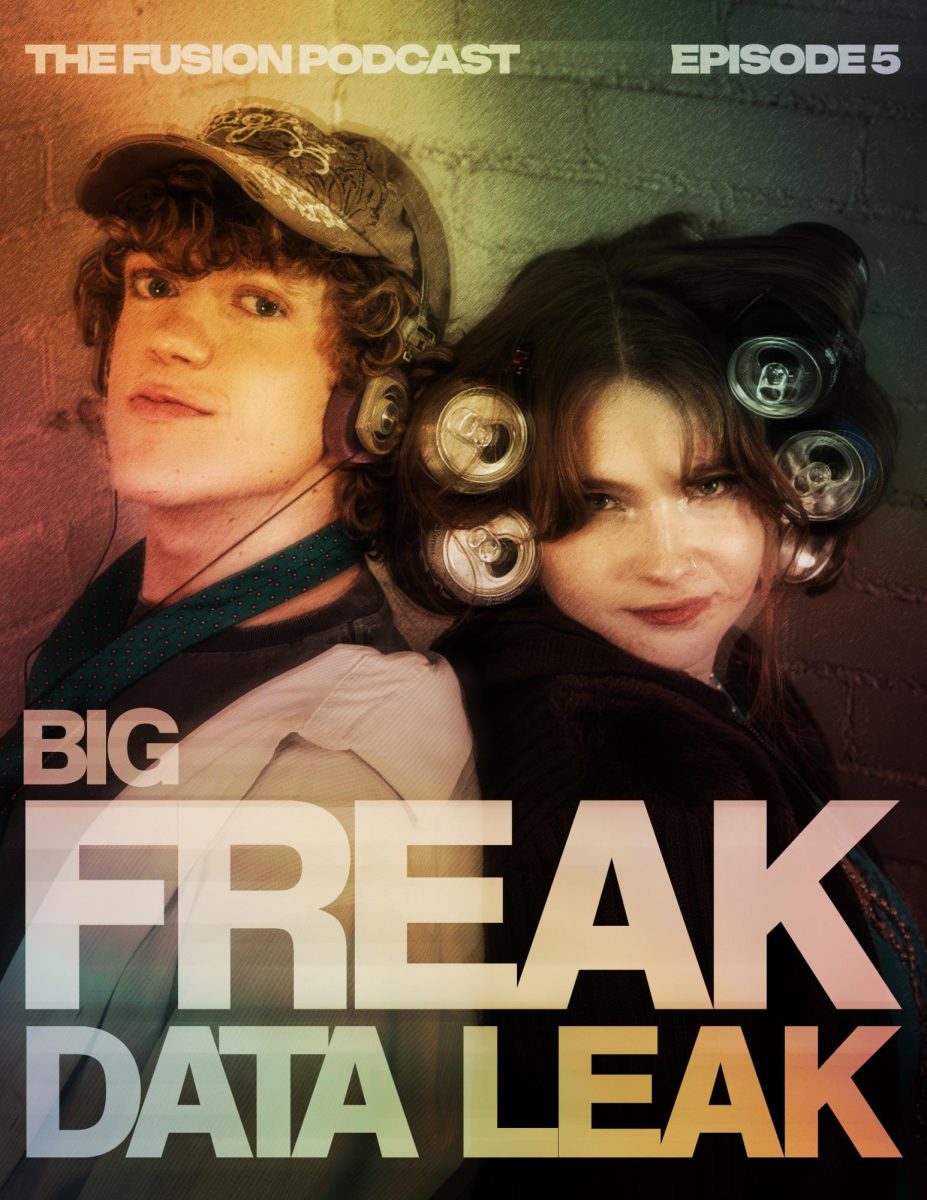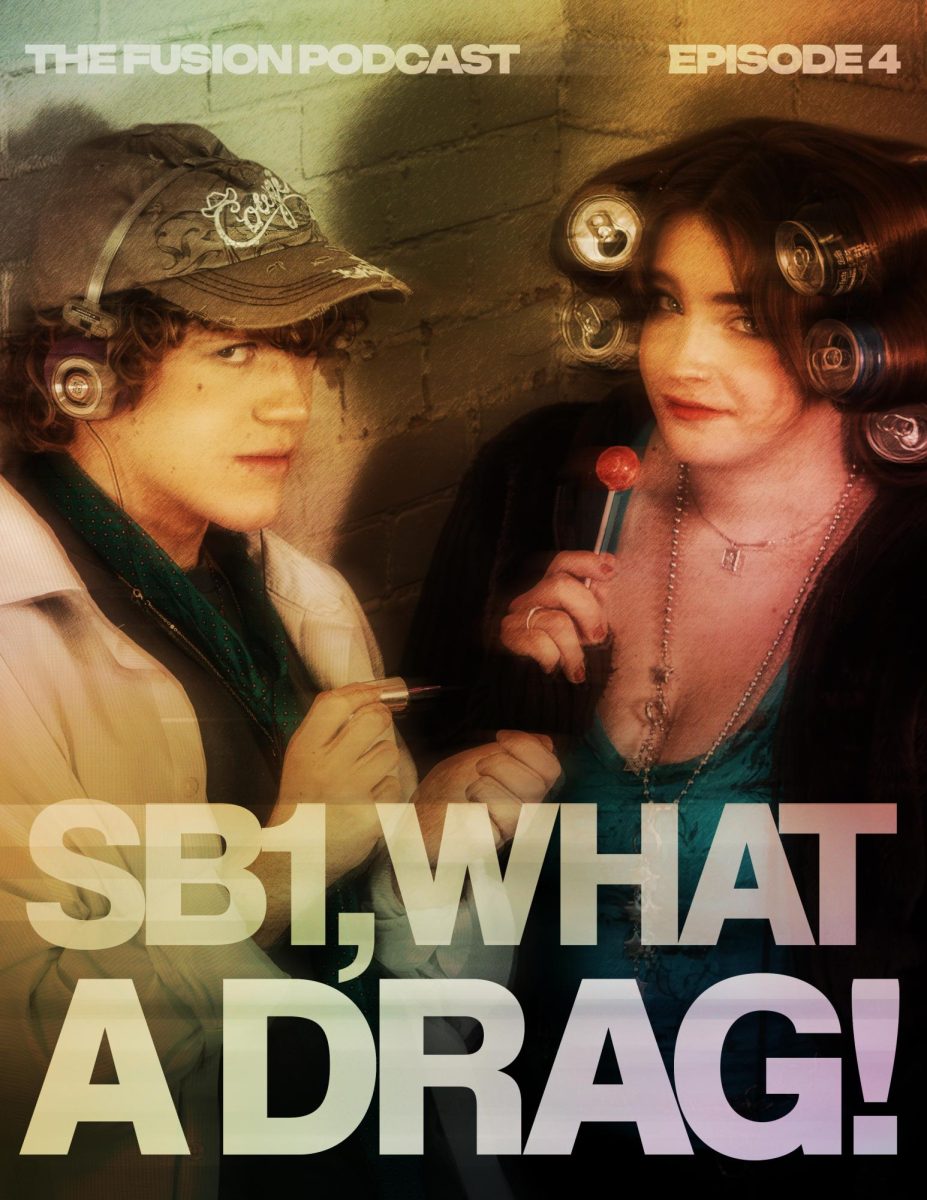
Body Modifications and the LGBTQ+ Community
Body modifications, like tattoos and piercings, are frequently seen within the LGBTQ+ community. According to Tribalik, a UK-based jewelry company, “Around the same time that pride and queer liberation were originating, so was the queer history of body modifications – starting with Jim Ward, a gay man, who opened America’s first piercing shop in California in the 1970’s.”
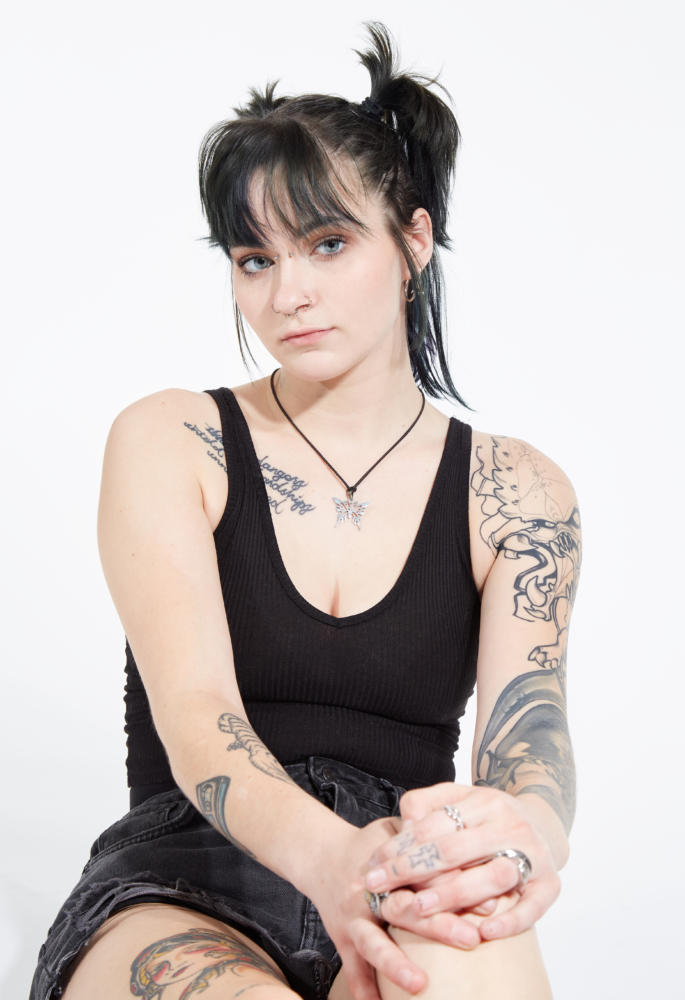
Many young queer people today continue this tradition. When discussing his decisions in getting body modifications Cash Moran, a senior environmental studies major, says, “It’s something I’ve always wanted to do. To me it’s like collecting art.”
For many, their queerness plays a role in this decision. “Reclaiming parts of your body by adorning them with beautiful images and colors is the most satisfying body modification I can think of,” describes Moran, “There’s so little choice in what you look like to others that I’d rather them notice my tattoos than my gender.”
Gia Peyton, a junior anthropology and criminal justice studies major, agrees with this, “I’ve always loved body modifications. They are definitely an amazing art form, and I’d love to fill my canvas.” When talking about the intersection of their queerness and body modifications Peyton says, “I think body modifications are a great form of self expression. They have been an amazing help in making you comfortable in your own skin. It’s a physical relationship between your body and identity.”
Some have a long relationship with body modifications. Chris Wood, a junior biology major, talks about growing up seeing his dad heavily tattooed and liking how he looked. “I thought that his tattoos made him look like the coolest person ever,” he describes, “and I always wanted to get just as many as him.”
Wood also feels that his queerness impacts his connection with body modifications. “I like for people to notice me for the things that I do on purpose,” he says, “rather than something I can’t change, and body mods are an easy way to do that.”
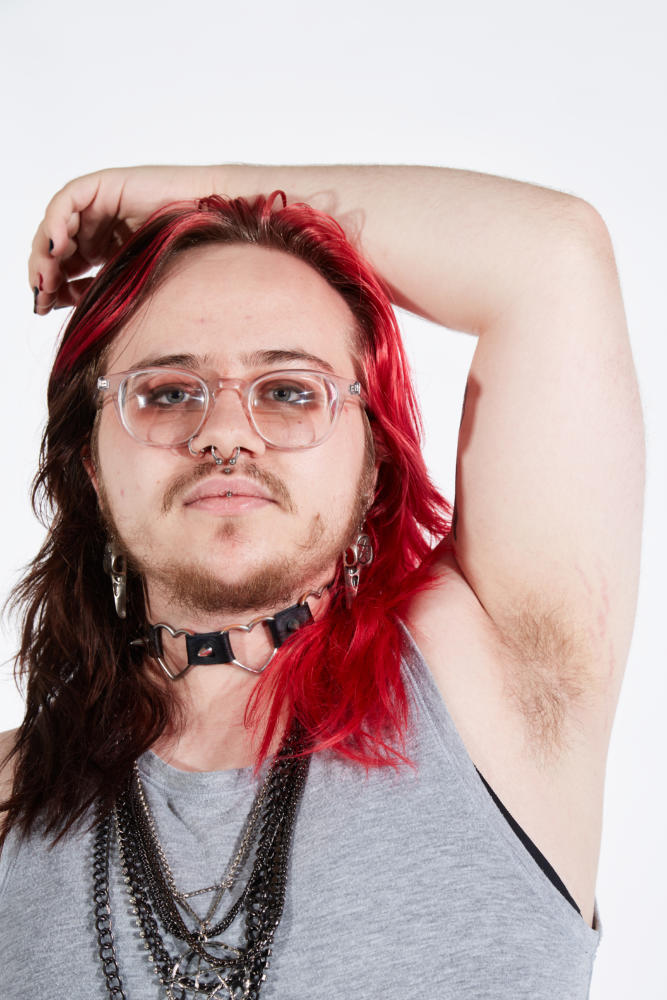 He adds how tattoos and piercings help him to feel more connected with his body. “Looking at my face or my arms and legs and knowing that I chose to have those things, that I wasn’t just given them at birth, makes me feel at home in my skin,” Wood describes, “I truly own this body and it’s not just one I inhabit.”
He adds how tattoos and piercings help him to feel more connected with his body. “Looking at my face or my arms and legs and knowing that I chose to have those things, that I wasn’t just given them at birth, makes me feel at home in my skin,” Wood describes, “I truly own this body and it’s not just one I inhabit.”
Body modifications, especially tattoos and piercings, hold a special place in the lives of many LGBTQ+ people. For some, body modification is an external way to express artistic inclinations, while for others, it’s about the choice to do what they want with their body. Regardless of the reasoning, body modification brings joy to many LGBTQ+ people.



